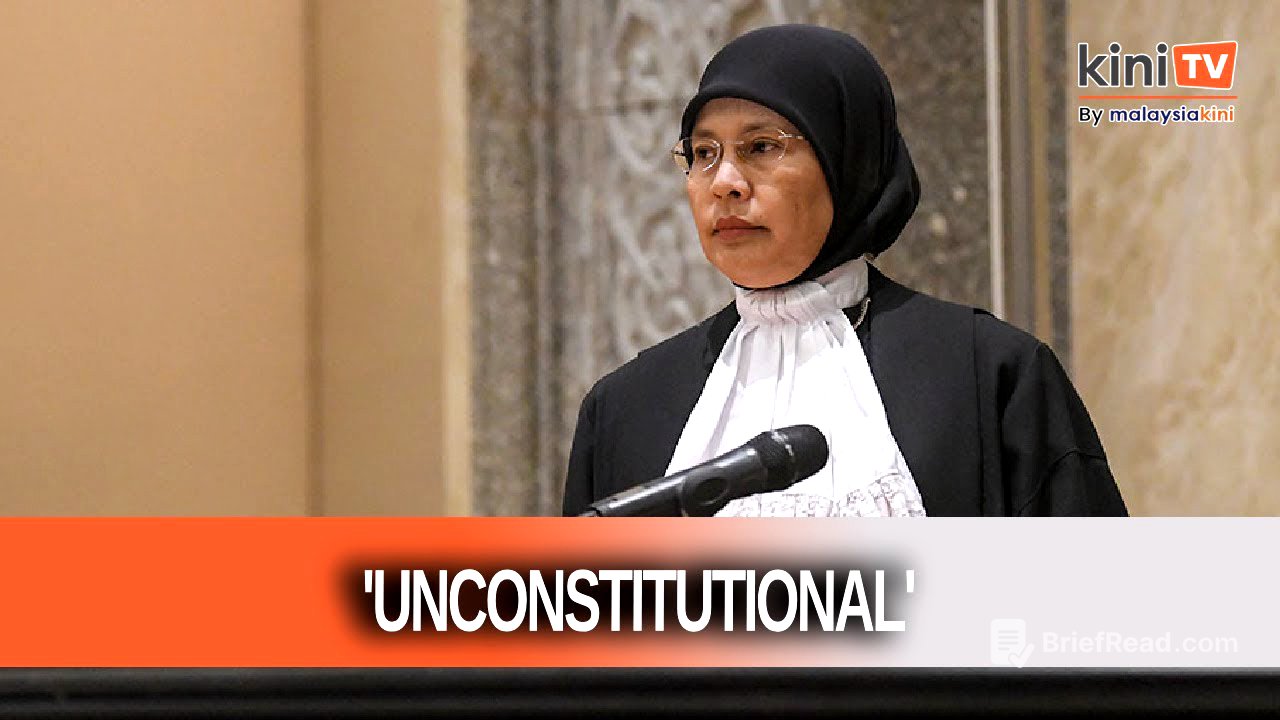TLDR;
The Federal Court has declared a key section of the Peaceful Assembly Act unconstitutional, specifically the requirement for rally organizers to provide a five-day notice to authorities. This decision, delivered by Chief Justice Tunguman Mat, effectively removes the criminalization of failing to provide such notice for peaceful assemblies. The ruling came in response to a case brought by former Muda Secretary General Amir Hariri Abdul Hadi, who was charged for allegedly failing to notify police before a protest.
- Section 9(5) of the Peaceful Assembly Act, which criminalized failure to notify authorities before a peaceful assembly, was struck down.
- The Federal Court deemed the section a disproportionate intervention that violated Article 10(1)(B) of the Constitution, which guarantees freedom of speech, assembly, and association.
- Amir Hariri Abdul Hadi's criminal case has been sent back to the High Court to be resolved in accordance with the Federal Court's decision.
Federal Court Ruling on Peaceful Assembly Act [0:00]
The Federal Court ruled that Section 9(5) of the Peaceful Assembly Act, which criminalized the failure to provide a five-day notice to authorities before holding a peaceful assembly, is unconstitutional. Chief Justice Tunguman Mat delivered the decision on her final day before retirement. The five-member bench unanimously agreed to strike down the section.
Background of the Case [0:23]
The case was initiated by former Muda Secretary General Amir Hariri Abdul Hadi, who faced charges in 2022 for allegedly failing to notify the police before a protest concerning the LCS scandal. His legal team challenged the charge, and the High Court granted him leave to bring the case to the Federal Court on August 8th of the previous year.
Constitutional Grounds for the Decision [0:44]
According to FMT, Tenkum stated that Section 9(5) imposes punishment beyond what is permissible under Article 10(1)(B) of the Constitution. This article guarantees the fundamental rights to freedom of speech, assembly, and association. She characterized the section as a disproportionate intervention that effectively prohibited rather than restricted these guaranteed rights.
Order and Context [1:04]
Tokoimun ordered that Amir's criminal case be sent back to the High Court for resolution, aligning with the Federal Court's decision. Before this judgment, the government had already reduced the initial notice requirement from ten days to five days.









